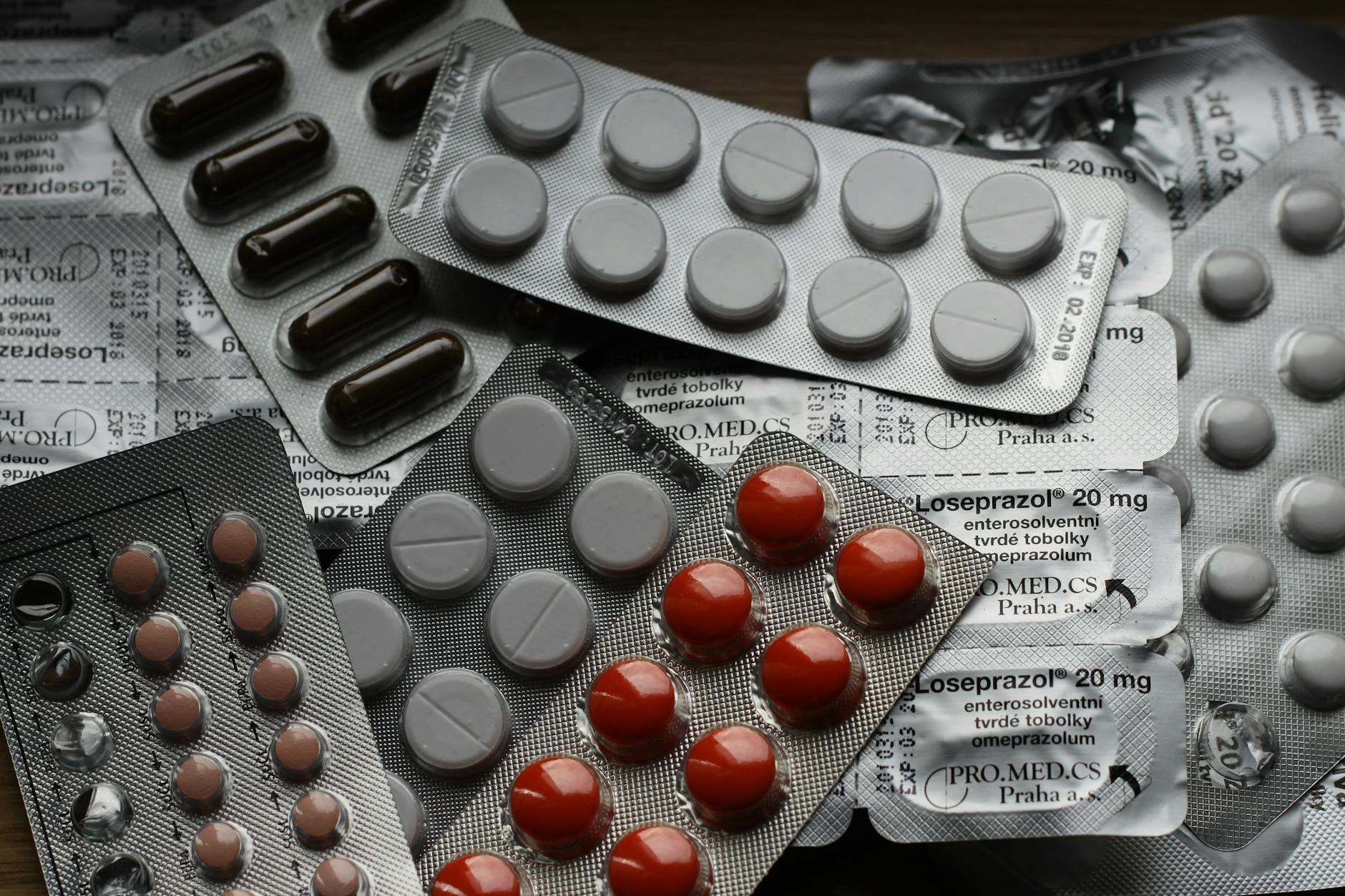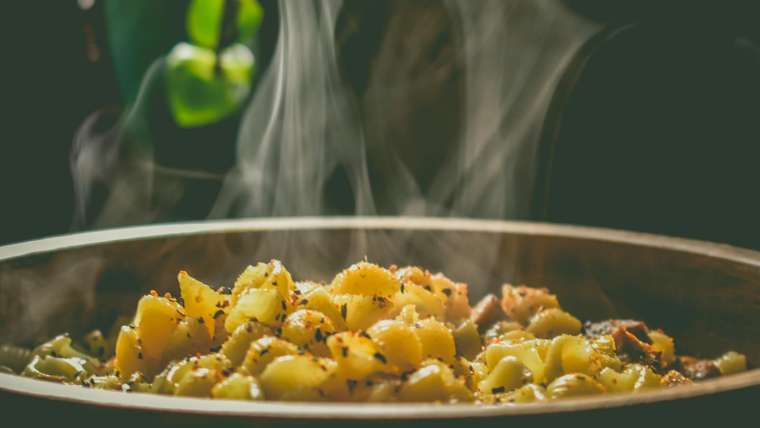Find out the top secret tips for preventing and treating kidney stones – you won’t believe how simple they are!
Table of Contents
Are you tired of dealing with the debilitating pain of kidney stones? You’re not alone. Kidney stones are a common condition that can affect anyone, regardless of age or gender. But fear not, there are ways to prevent and treat kidney stones effectively. In this comprehensive guide, we will explore the causes of kidney stones, common symptoms to watch out for, and effective strategies for both prevention and treatment.
Causes of Kidney Stones
Kidney stones can form when certain substances in your urine, such as calcium, oxalate, and uric acid, become highly concentrated. These substances can crystallize and form solid masses, which can then grow in size and cause pain when they pass through the urinary tract. Dehydration, a diet high in sodium or animal proteins, certain medical conditions, and a family history of kidney stones can all increase your risk of developing kidney stones.
Common Symptoms
The symptoms of kidney stones can vary depending on the size and location of the stone. Common symptoms include severe pain in the back, side, or lower abdomen, pain during urination, blood in the urine, nausea and vomiting, and frequent urination. If you experience any of these symptoms, it’s important to seek medical attention promptly.
Prevention Tips
Preventing kidney stones starts with staying hydrated. Drinking plenty of water throughout the day can help dilute the substances in your urine and prevent the formation of stones. Additionally, maintaining a balanced diet that is low in sodium and animal proteins, and high in fruits and vegetables can reduce your risk of developing kidney stones. Regular physical activity and maintaining a healthy weight can also help prevent kidney stones.
Treatment Options
If you do develop kidney stones, there are several treatment options available. In some cases, small kidney stones can pass on their own with the help of pain medication and plenty of fluids. For larger stones or stones that are causing severe symptoms, your doctor may recommend treatments such as extracorporeal shock wave lithotripsy (ESWL), ureteroscopy, or percutaneous nephrolithotomy (PCNL) to break up or remove the stone. In rare cases, surgical intervention may be necessary to remove stubborn stones.
| Tip | Prevention | Treatment |
|---|---|---|
| Stay Hydrated | Drink plenty of water to help prevent kidney stones from forming. | Increased hydration can help flush out smaller stones. Large stones may require medical intervention. |
| Watch Your Diet | Avoid foods high in oxalates such as spinach, nuts, and chocolate. | Eat a balanced diet and limit foods that may contribute to the formation of kidney stones. |
| Exercise Regularly | Regular physical activity can help prevent kidney stones. | Exercise may not directly treat kidney stones but can help improve overall health. |
| Limit Sodium Intake | Reducing sodium intake can help prevent certain types of kidney stones. | A low-sodium diet may be recommended for those at risk of developing kidney stones. |
Conclusion
Dealing with kidney stones can be a painful and frustrating experience, but by following these tips for prevention and treatment, you can effectively manage this condition and minimize the risk of recurrence. Remember to stay hydrated, maintain a healthy diet, and seek medical attention if you experience symptoms of kidney stones. With the right strategies in place, you can say goodbye to kidney stones once and for all.
What are the risk factors for developing kidney stones?
Risk factors for kidney stones include dehydration, a diet high in sodium or animal proteins, certain medical conditions like gout or urinary tract infections, and a family history of kidney stones.
What are the most common symptoms of kidney stones?
Common symptoms of kidney stones include severe back or abdominal pain, pain during urination, blood in the urine, nausea, vomiting, and frequent urination.
How can I prevent kidney stones from forming?
Prevent kidney stones by staying hydrated, maintaining a balanced diet low in sodium and animal proteins, exercising regularly, and limiting foods high in oxalates like spinach and nuts.
What are the treatment options for kidney stones?
Treatment options for kidney stones include increased hydration, pain medication, and medical procedures like ESWL, ureteroscopy, or PCNL to break up or remove stones. In severe cases, surgical intervention may be necessary.





